
Review
by Bruce Eder
Where the first Jethro Tull box five years earlier,
20 Years of Jethro Tull, mostly traded on radio broadcast performances and rarities, a few outtakes, and a remastered collection of key songs, 25th Anniversary Boxed Set benefits from a more thorough raid on the vaults that has yielded up one essential addition to any Jethro Tull collection. Disc two is the centerpiece of the set, containing an additional hour of the group's November 4, 1970 concert at
Carnegie Hall in New York (two pieces were previously issued on
Living in the Past). Preserved on a 16-track master tape, this benefit show for the drug rehabilitation program Phoenix House was the group's most prominent American gig up to that time.

It's a good representation of what the band sounded like in its second incarnation, when they were still establishing themselves outside of England. The group had still not reached — or even approached — its progressive rock period, and the sound is very stripped down, a pounding mix of hard rock, acoustic folk music, jazz elements, and
Ian Anderson's vocals, alternately sage-like and fierce; some of the flute acrobatics don't translate too well to tape, even in Carnegie Hall, but the transition from "Sossity, You're a Woman" into "Reasons for Waiting" — featuring exquisite organ playing by
John Evan — is beautiful enough as to make up for the flaws elsewhere, as well as reminding listeners of one of the more hauntingly beautiful songs in the group's early repertory; they also unveil a song that was still, by
Anderson's own account, a work-in-progress, entitled "My God."

HISTORY
Jethro Tull had its roots in the British blues boom of the late '60s.
Anderson (b. Aug. 10, 1947, Edinburgh, Scotland) had moved to Blackpool when he was 12. His first band was called
the Blades, named after James Bond's club, with
Michael Stephens on guitar,
Jeffrey Hammond-Hammond (b. July 30, 1946) on bass and
John Evans (b. Mar. 28, 1948) on drums, playing a mix of jazzy blues and soulful dance music on the northern club circuit. In 1965, they changed their name to
the John Evan Band (
Evan having dropped the "s" in his name at
Hammond's suggestion) and later
the John Evan Smash. By the end of 1967,
Glenn Cornick (b. Apr. 24, 1947, Barrow-in-Furness, Cumbria, England) had replaced
Hammond-Hammond on bass. The group moved to Luton in order to be closer to London, the center of the British blues boom, and the band began to fall apart, when
Anderson and
Cornick met guitarist/singer
Mick Abrahams (b. Apr. 7, 1943, Luton, Bedfordshire, England) and drummer
Clive Bunker (b. Dec. 12, 1946), who had previously played together in
the Toggery Five and were now members of a local blues band called
McGregor's Engine.
In December of 1967, the four of them agreed to form a new group. They began playing two shows a week, trying out different names, including
Navy Blue and
Bag of Blues. One of the names that they used, Jethro Tull, borrowed from an 18th-century farmer/inventor, proved popular and memorable, and it stuck. In January of 1968, they cut a rather derivative pop-folk single called "Sunshine Day," released by MGM Records (under the misprinted name
Jethro Toe) the following month. The single went nowhere, but the group managed to land a residency at the Marquee Club in London, where they became very popular.Early on, they had to face a problem of image and configuration, however. In the late spring of 1968, managers
Terry Ellis and
Chris Wright (who later founded Chrysalis Records) first broached the idea that
Anderson give up playing the flute, and to allow
Mick Abrahams to take center stage. At the time, a lot of blues enthusiasts didn't accept wind instruments at all, especially the flute, as seminal to the sound they were looking for, and as a group struggling for success and recognition, Jethro Tull was just a little too strange in that regard.
Abrahams was a hardcore blues enthusiast who idolized British blues godfather
Alexis Korner, and he was pushing for a more traditional band configuration, which would've put him and his guitar out front. As it turned out, they were both right.
Abrahams' blues sensibilities were impeccable, but the audience for British blues by itself couldn't elevate Jethro Tull any higher than being a top club act.
Anderson's antics on-stage, jumping around in a ragged overcoat and standing on one leg while playing the flute, and his use of folk sources as well as blues and jazz, gave the band the potential to grab a bigger audience and some much-needed press attention.They opened for
Pink Floyd on June 29, 1968, at the first free rock festival in London's Hyde Park, and in August they were the hit of the Sunbury Jazz & Blues Festival in Sunbury-on-Thames. By the end of the summer, they had a recording contract with Island Records. The resulting album,
This Was, was issued in November. By this time,
Anderson was the dominant member of the group on-stage, and at the end of the month
Abrahams exited the band. The group went through two hastily recruited and rejected replacements, future
Black Sabbath guitarist
Tony Iommi (who was in Tull for a week, just long enough to show up in their appearance on
the Rolling Stones' Rock 'N Roll Circus extravaganza), and
Davy O'List, the former guitarist with
the Nice. Finally,
Martin Barre (b. Nov. 17, 1946), a former architecture student, was the choice for a permanent replacement.It wasn't until April of 1969 that
This Was got a U.S. release. Ironically, the first small wave of American Jethro Tull fans were admiring a group whose sound had already changed radically; in May of 1969,
Barre's first recording with the group, "Living in the Past," reached the British number three spot and the group made its debut on Top of the Pops performing the song.

The group played a number of festivals that summer, including the Newport Jazz Festival. Their next album,
Stand Up, with all of its material (except "Bouree," which was composed by
Johann Sebastian Bach) written by
Ian Anderson, reached the number one spot in England the next month.
Stand Up also contained the first orchestrated track by Tull, "Reasons for Waiting," which featured strings arranged by
David Palmer, a Royal Academy of Music graduate and theatrical conductor who had arranged horns on one track from
This Was.
Palmer would play an increasingly large role in subsequent albums, and finally join the group officially in 1977. Meanwhile, "Sweet Dream," issued in November, rose to number seven in England, and was the group's first release on
Wright and
Ellis' newly formed Chrysalis label. Their next single, "The Witch's Promise," got to number four in England in January of 1970. The group's next album,
Benefit, marked their last look back at the blues, and also the presence of
Anderson's longtime friend and former bandmate
John Evan — who had long since given up the drums in favor of keyboards — on piano and organ.
Benefit reached the number three spot in England, but, much more important, it ascended to number 11 in America, and its songs, including "Teacher" and "Sossity, You're A Woman," formed a key part of Tull's stage repertory. In early July of 1970, the group shared a bill with
Jimi Hendrix,
B.B. King, and
Johnny Winter at the Atlanta Pop Festival in Byron, GA, before 200,000 people. By the following December, after another U.S. tour,
Cornick had decided to leave the group, and was replaced on bass by
Anderson's childhood friend
Jeffrey Hammond-Hammond. .......
enjoy!
 This second effort by the legendary French prog band Ame Son gathers archival material from different periods of the band's existence. One piece, "Sweet Georgia," even dates back to the mid-'60s pre-Ame Son group, the Primitivs, and with its conventional British rock sound is the weakest track on the album. The rest is quite excellent, from catchy but loopy "Le Grand Cirque de la Lune" from 1969 (pre-Catalyse) to the live "Le Dedale" from 1976, where Jacques Dudon's open-tuned lead guitar lends an exotic oriental sound. The real stunner is a six-part instrumental version of "Je Veus Juste Dit" (or "I Just Want to Say") stretched out to a 26-minute space jam. The melody, more relaxed than the earlier versions, becomes less and less recognizable as each section progresses deeper into the cosmos, the closest they come to the freak-out free form of Catalyse.
This second effort by the legendary French prog band Ame Son gathers archival material from different periods of the band's existence. One piece, "Sweet Georgia," even dates back to the mid-'60s pre-Ame Son group, the Primitivs, and with its conventional British rock sound is the weakest track on the album. The rest is quite excellent, from catchy but loopy "Le Grand Cirque de la Lune" from 1969 (pre-Catalyse) to the live "Le Dedale" from 1976, where Jacques Dudon's open-tuned lead guitar lends an exotic oriental sound. The real stunner is a six-part instrumental version of "Je Veus Juste Dit" (or "I Just Want to Say") stretched out to a 26-minute space jam. The melody, more relaxed than the earlier versions, becomes less and less recognizable as each section progresses deeper into the cosmos, the closest they come to the freak-out free form of Catalyse. back cover of the catalyse album
back cover of the catalyse album



 Furekaaben - 1970 hippie folk with male / female vocals from Denmark.
Furekaaben - 1970 hippie folk with male / female vocals from Denmark. 


 Folk based rytmic freaky music with a great deal of improvisation. Changed name to "Hyldemors lyksaligheder"in 1973.
Folk based rytmic freaky music with a great deal of improvisation. Changed name to "Hyldemors lyksaligheder"in 1973.






 music collector
music collector

 This instrumental album has only one track, spread over two sides. It attempts a metamorphosis and blending of different atmospheres into a "sequence" of musical images. There is some bebop jazz, some Indian music augmented with electric guitar and some which is totally unclassifiable. Although quite pretentious by its very nature the album has its moments, but on the whole suffers from a shortage of good ideas. Some of it could easily pass for New Age music. Rather half-baked.
This instrumental album has only one track, spread over two sides. It attempts a metamorphosis and blending of different atmospheres into a "sequence" of musical images. There is some bebop jazz, some Indian music augmented with electric guitar and some which is totally unclassifiable. Although quite pretentious by its very nature the album has its moments, but on the whole suffers from a shortage of good ideas. Some of it could easily pass for New Age music. Rather half-baked.



 It's a good representation of what the band sounded like in its second incarnation, when they were still establishing themselves outside of England. The group had still not reached — or even approached — its progressive rock period, and the sound is very stripped down, a pounding mix of hard rock, acoustic folk music, jazz elements, and
It's a good representation of what the band sounded like in its second incarnation, when they were still establishing themselves outside of England. The group had still not reached — or even approached — its progressive rock period, and the sound is very stripped down, a pounding mix of hard rock, acoustic folk music, jazz elements, and  HISTORY
HISTORY The group played a number of festivals that summer, including the Newport Jazz Festival. Their next album,
The group played a number of festivals that summer, including the Newport Jazz Festival. Their next album, 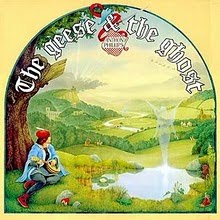



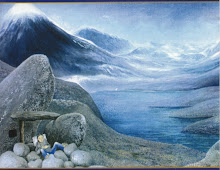

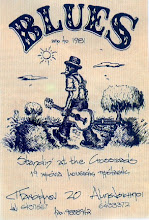

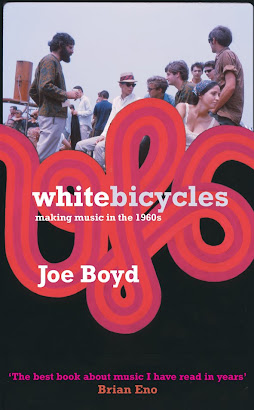
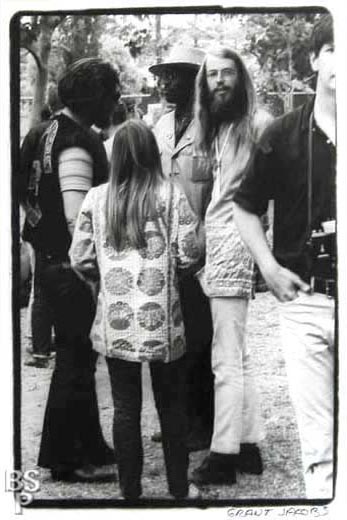
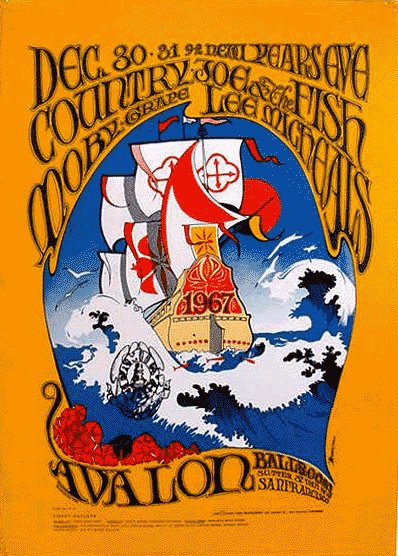
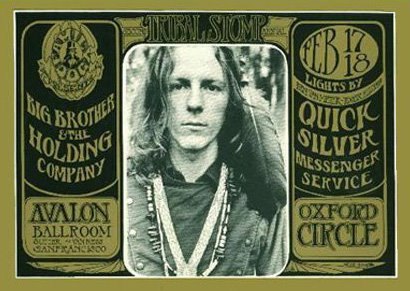
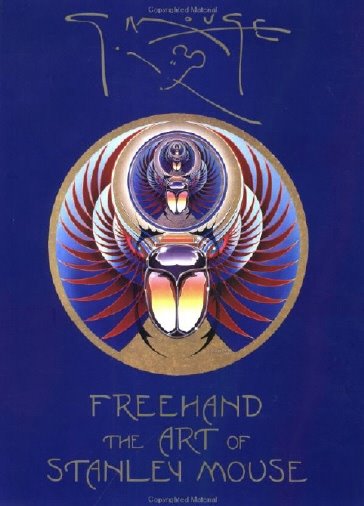.jpg)

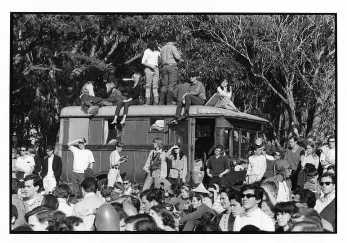




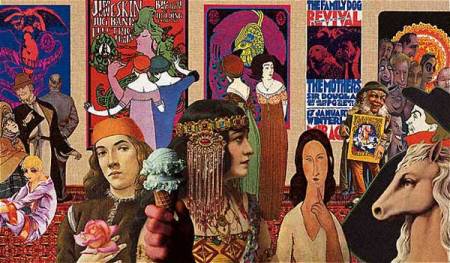.jpg)
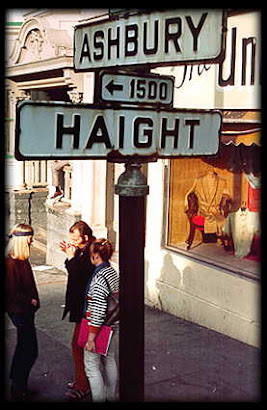
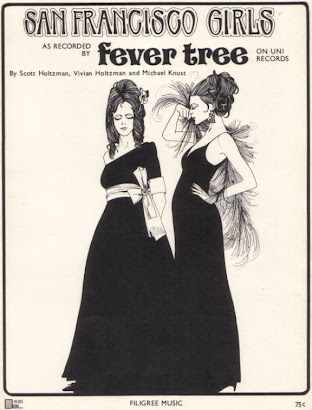
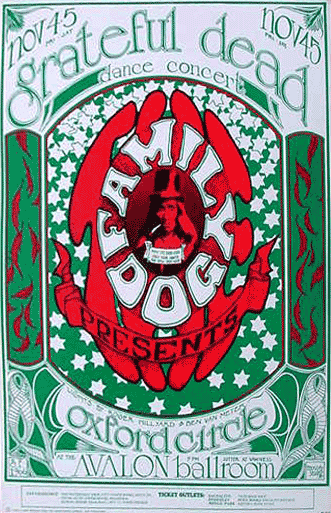
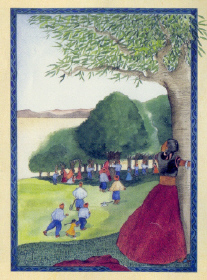
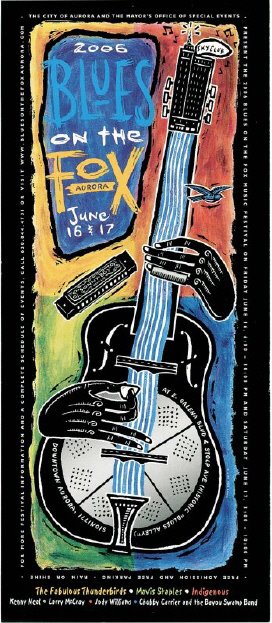



























































































+-+cover.png)














.jpg)




































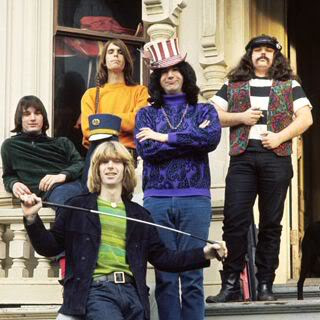






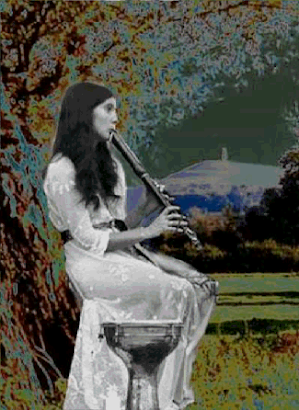













































.jpg)







